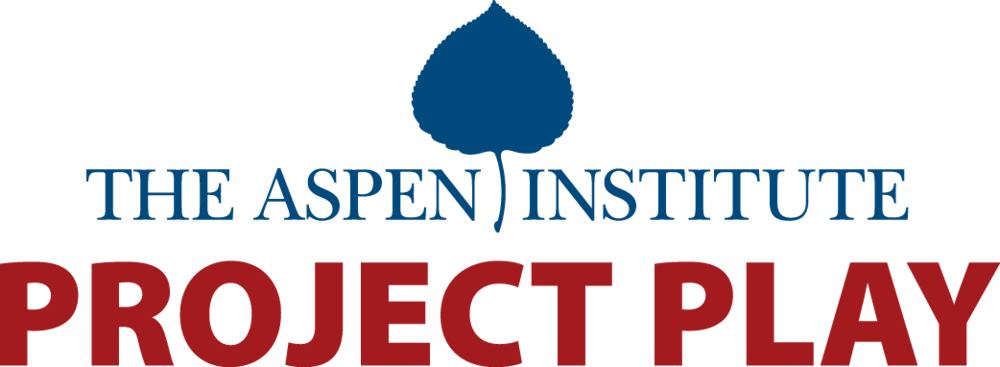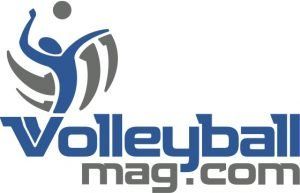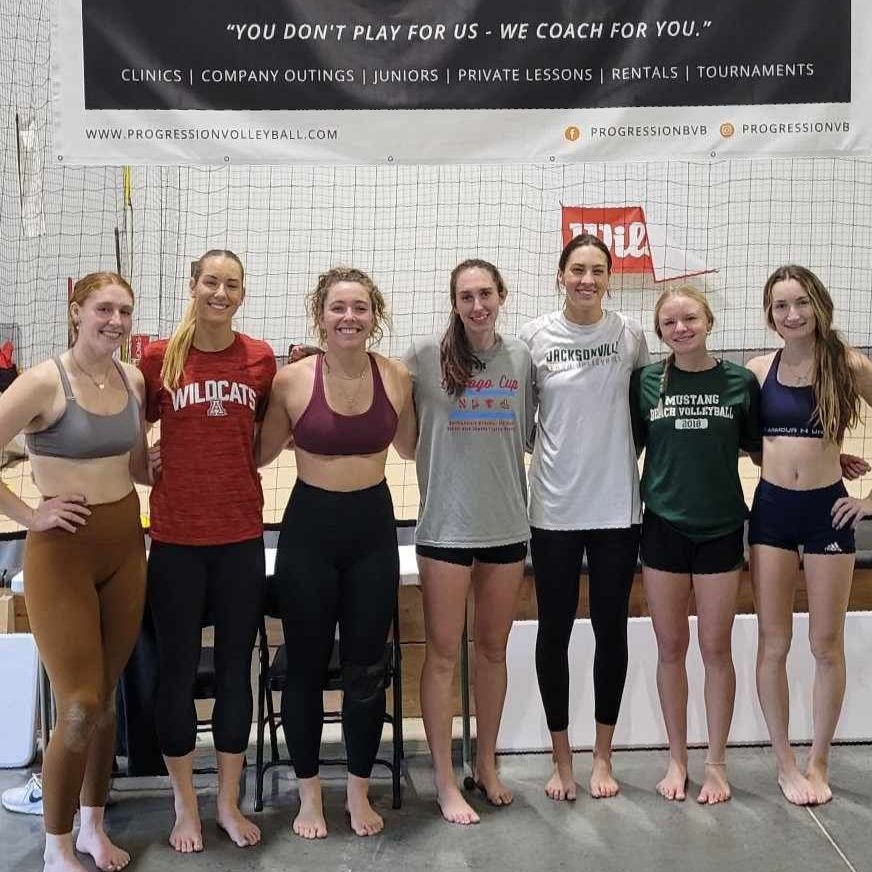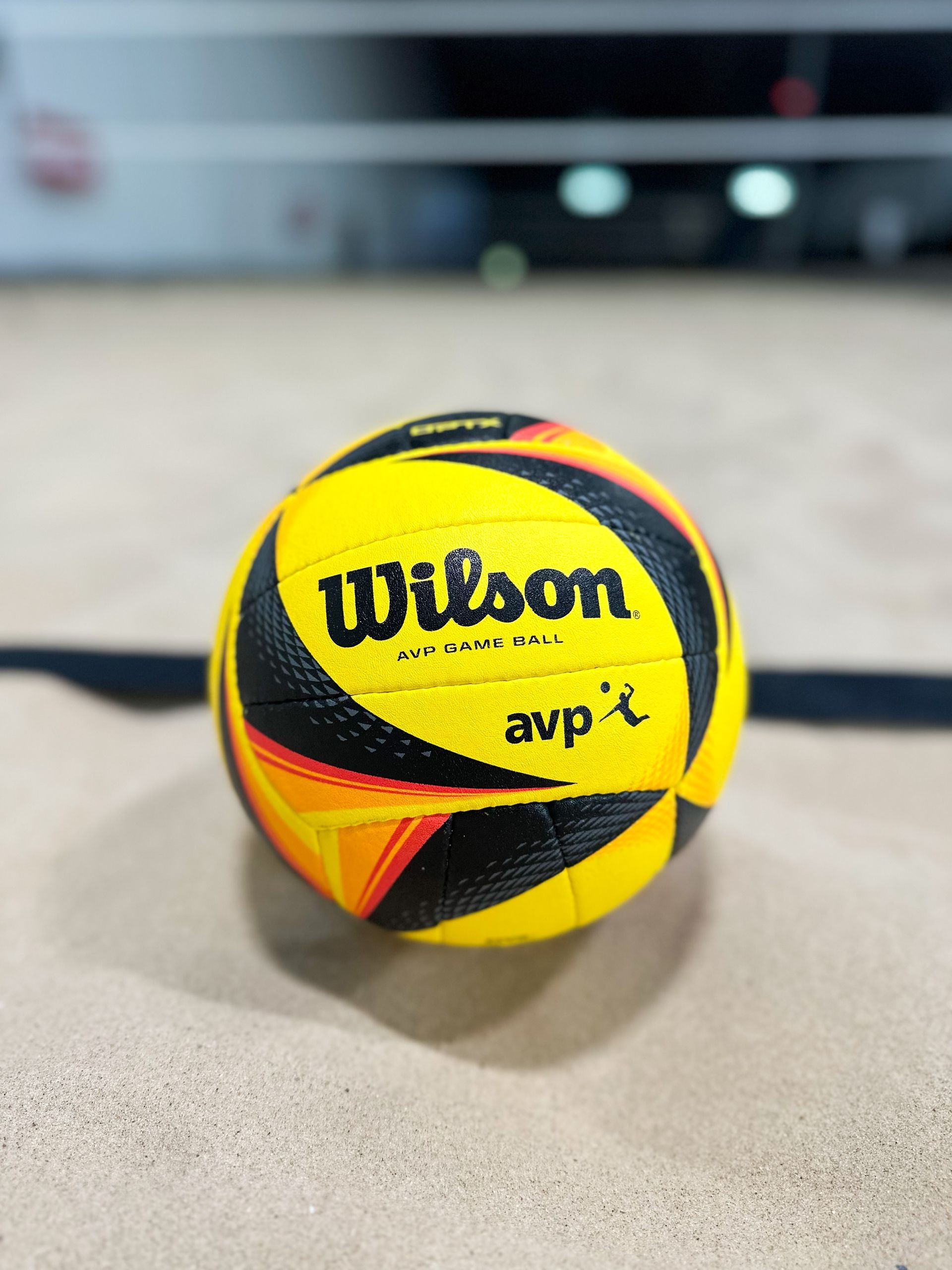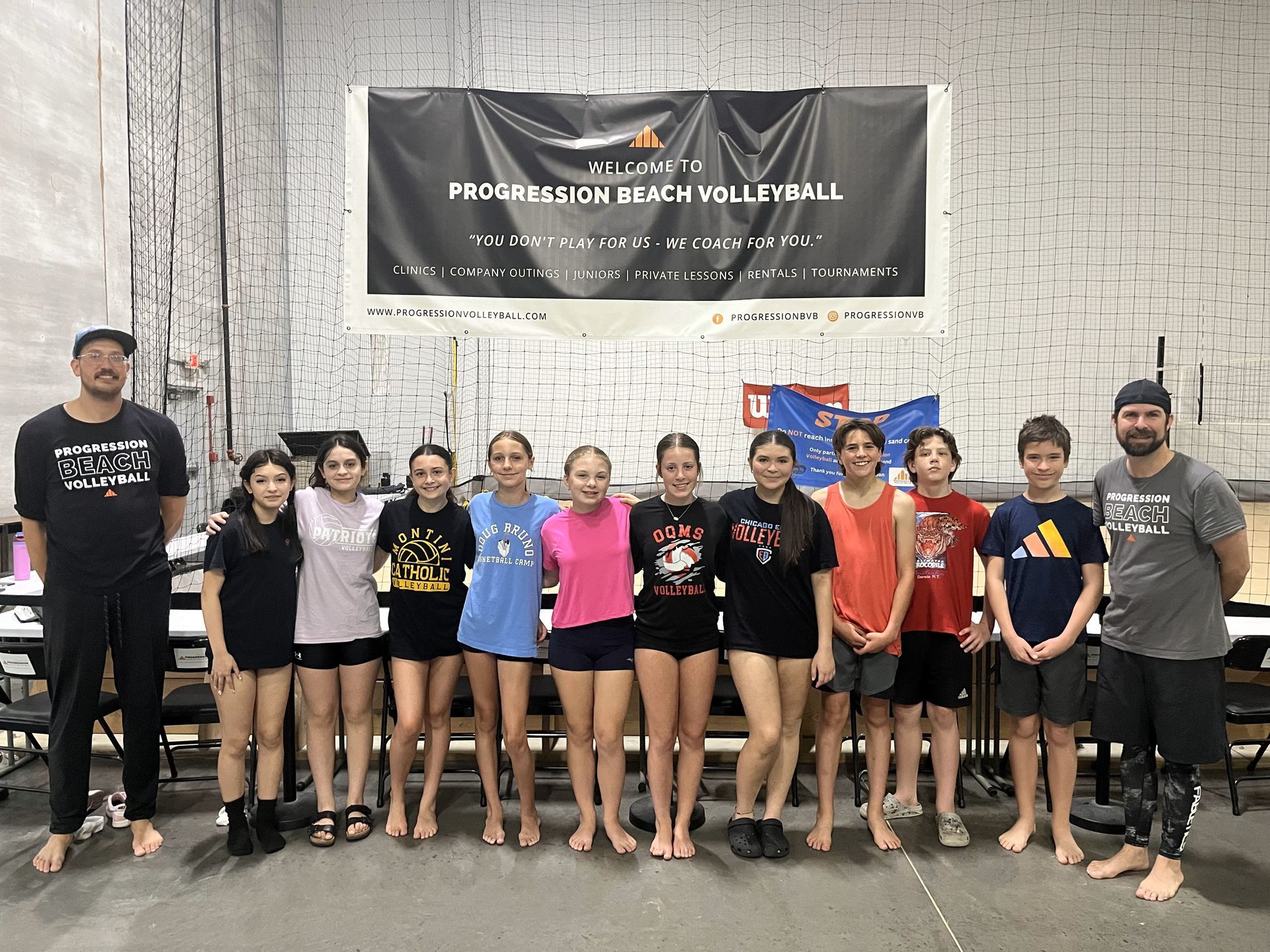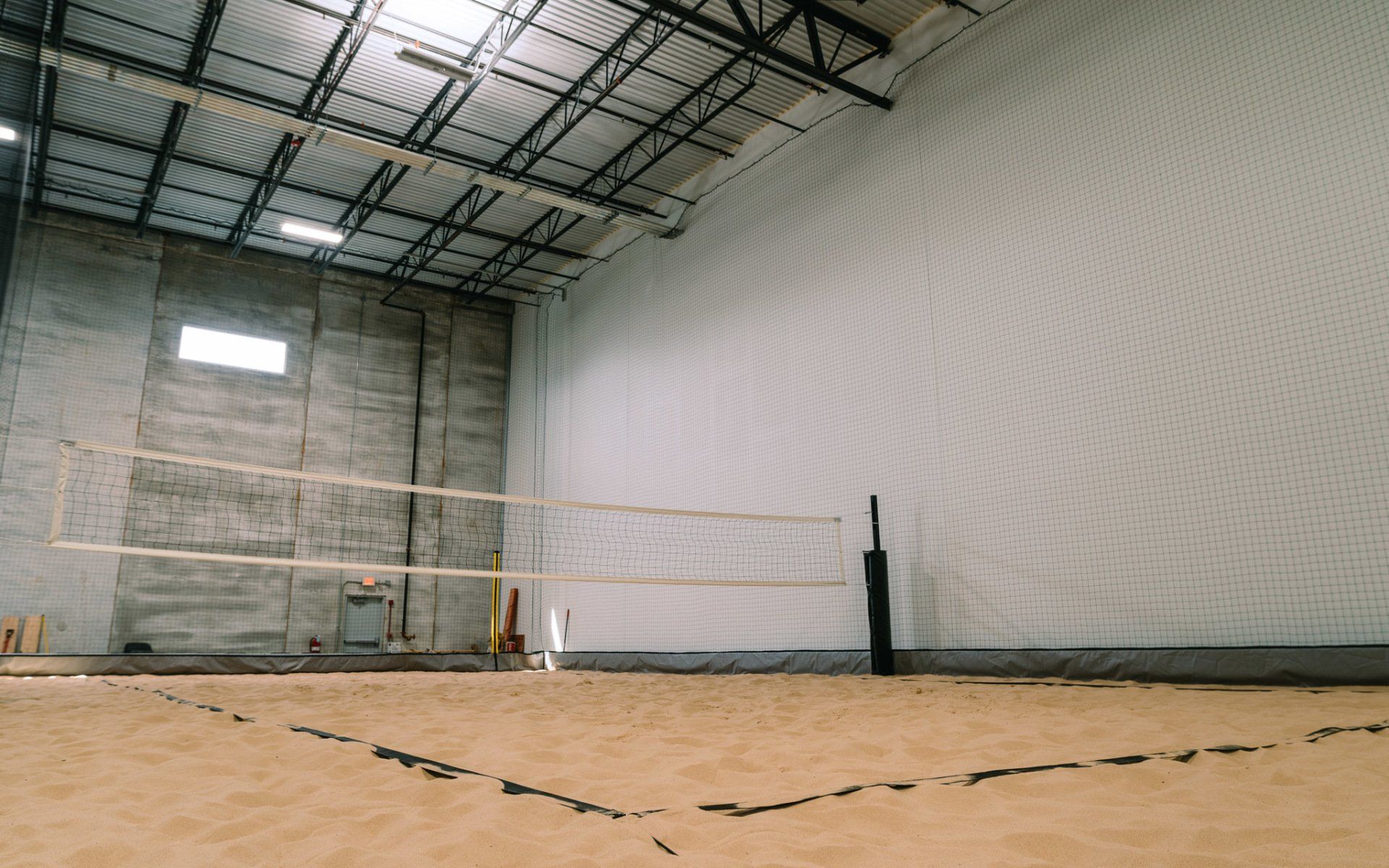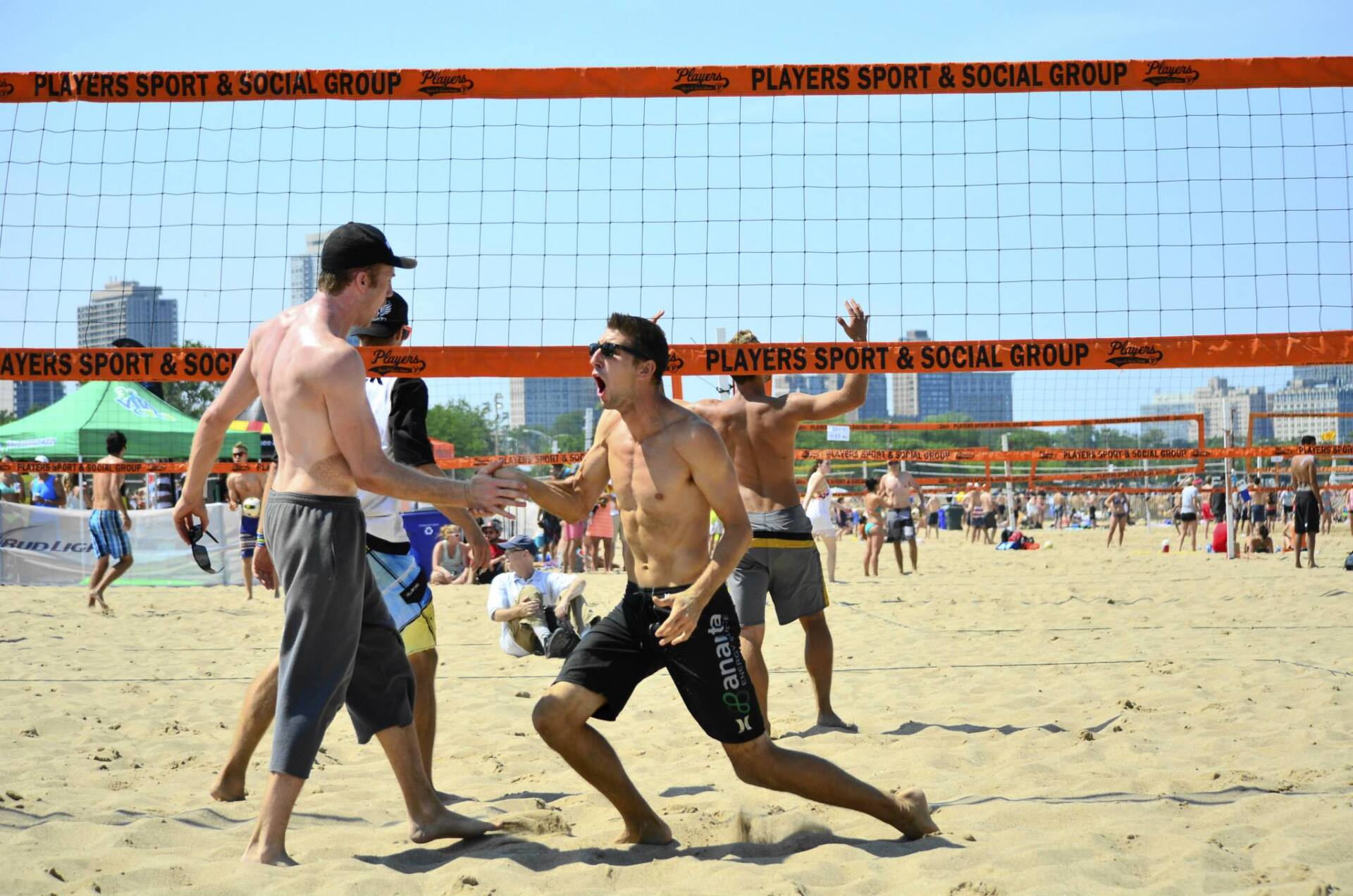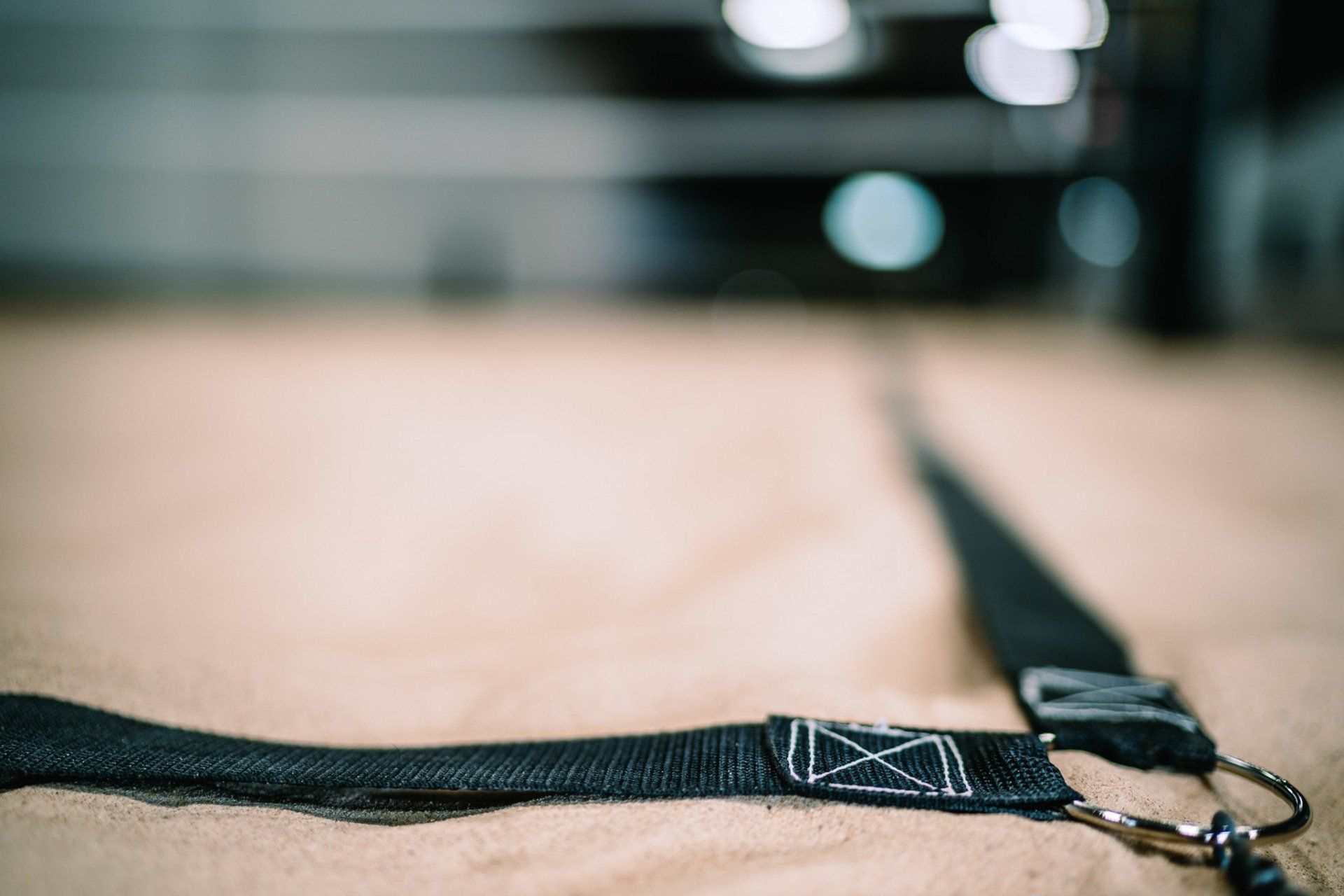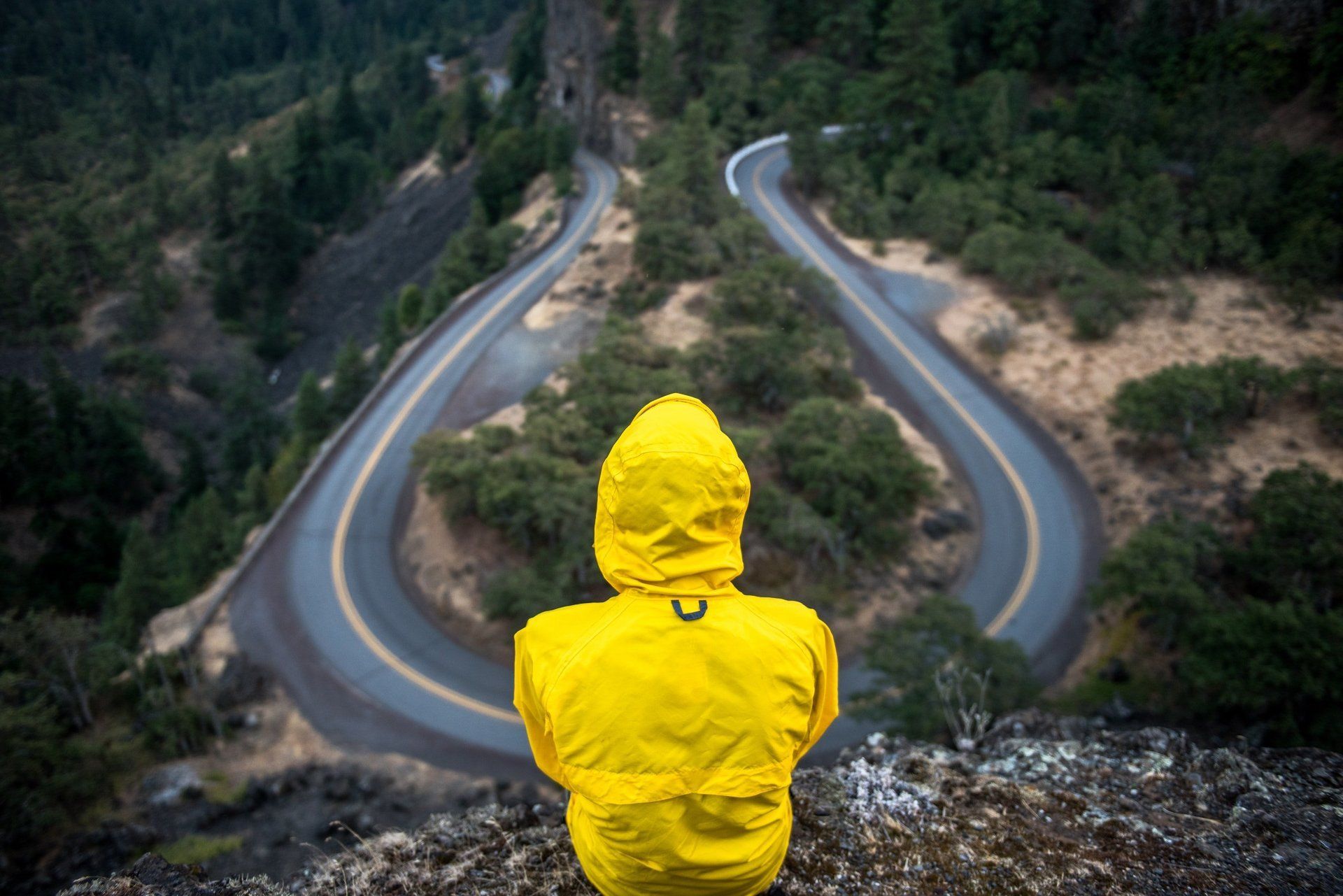By Bryan McDermand
•
May 20, 2025
You could say I'm a volleyball coach and you'd be right. But I think what we do is so much more than teaching kids how to hit a leather ball over a net, or how to prevent it from touching the ground. To me, volleyball is simply the platform. I work with young people who are trying to figure out where their place is in the world. I work with people who have passions for things where their talents are not natural. I work with people who have experienced a lot of trauma at a time where the path forward is not always clear. I am lucky to be able to help guide many of these people through athletics. I empathized with my best teachers as they gave their best efforts to people who went out of their way to not give theirs. And in their defense, many of those kids attended those classes out of obligation. I chose sports because I wanted to have that impact those teachers had on me, but I also wanted to do it in areas where kids chose to be there. I have worked with some of the best athletes in my area. I have worked with athletes that have wanted to play at the collegiate/professional level. I have worked with athletes who loved the sport, but wanted it to be secondary to other areas of their lives. I have worked with athletes who simply loved playing games, and wanted an environment where they can improve their skills and have fun. I have worked with kids who are brand new to sports, are terrified of failure, and just need a space to learn how to move forward when they aren't where they want to be. I felt a large part of my success with my athletes comes from adapting my coaching to what each athlete needed. But I don't think that's commonplace in youth sports today, and I think it's something we need to talk about more. I am a part of some pretty large coaching groups, and I see incredibly detailed articles and debates about things like proper mechanics, drill-to-play ratio, statistics, and more. But when it comes to connecting to individuals and how they want to prioritize volleyball in their lives, I think there's room for a lot more discussion. A group of 12 year olds were really struggling in a passing drill. I'm not talking about bad passing, I'm talking cannot move their feet to get to the ball to even perform a bad pass. All I asked them to do was to try to make the play with no worries about the results, but it was clear it wasn't happening. So we sat in the sand and talked about it. When I asked them about what was holding them back, one spoke up: "You know Coach, I hear everything you're saying. But everywhere else I've played when I made mistakes, I was yelled at or punished - and the hard part was I was never told how to do it better." Think that type of coaching could make a kid "uncoachable?" Another practice, a kid who's usually a rockstar struggled with basic mechanics. Usually they are receptive to feedback, that day it was not happening. My knee-jerk internal reaction was to judge, but at the water break I pulled them to the side and asked if they were OK. And then the waterworks. Their friend had taken their life a couple days ago. They were processing that, as well as that they felt the school was more interested on covering it up instead of providing counsel to the kids. They mentioned how they had their own mental health issues and how this was affecting them. I can't imagine what they were feeling as they began practice. I was very close to missing my opportunity to connect with my athlete. At that moment, it was clear how important executing a good bump set wasn't . I asked if they wanted to continue to practice, they said yes. And the focus that day became about letting loose and having fun (and ironically, their technique seemed to get better immediately). They texted me when they got home, I continued to check in, and things seemed to improve from there. What would have happened if I yelled at them, punished them, put them on the sideline? Are there other kids carrying burdens I'm missing? As a whole, are we connecting with our kids beyond their ability to play a sport? Individual incidents aside, I think we're missing a big issue that's becoming more and more commonplace in youth sports. Everything is so specialized when it comes to training and competing, but the program-player connection seems anything but that. One of the things that shifting to beach vs. indoor allowed me to accomplish was offering high-level development while giving kids a little more flexibility. Because for those that want to play in college, yes, they may need a practice regimen that runs year-round (that doesn't mean playing 12 months of the year - it means recovering when you need to recover, it means lifting when you should be lifting, it means doing the things that will ultimately help a player reach their peak potential). But I have athletes that excel in other sports. I have athletes that play instruments really well, or are part of theatre/musicals. I have one athlete that participates in Model UN, I have others that do mission trips. My athletes are so much more than volleyball players. And it breaks my heart to see some of my hardest-working athletes feel stressed because they are well-rounded, but everything outside of our program makes them feel "If you aren't dedicating every moment to this sport, you don't want it bad enough/you're not doing enough." It concerns me when some of my high-performing kids are functioning on minimal sleep, already depending on caffeine, and dealing with overuse injuries from years of non-stop schedules that even pro athletes don't subscribe to. Do we not remember what our summers were like one generation ago? Nowadays it's nationals, tryouts, high school camp, summer league, beach training, college camps, and more. Summer break used to meant they take a break - now summer break could refer to July when 4-6 of my kids inevitably get injured because everyone is putting pressure on them/they're overdoing it. Don't do the high school programming? Risk getting cut. Don't do the club tryouts? We may not have a spot for you in November (which deserves its own post, because in our region July tryouts don't hold a spot as much as hold the families hostage if they don't like what their situation is come club season). Our kids deserve better. It should be so much more balanced. I am grateful to be able to sit with my athletes, ask them "What do you want volleyball to be in your life?", learn about all the things that make them who they are, and based on THEIR personalities, we make a plan of attack that makes sense to them. In July, athletes will be evaluated on how tall they are, how fast they move, and their ability to perform the skills. Often, they won't be asked about what they want to accomplish with volleyball, what they do outside of the sport, and if the program is a good fit for everything that makes them who they are. To coaches, I ask you to consider the full spectrum of your athletes when recruiting them to your program. To parents, I ask you to protect your kids from environments that provide for them solely on how they can contribute to a team's success. To players, I hope you take time to reflect and ask yourselves what YOU want, and have the courage to leave environments that are not aligned/compatible with those goals.


